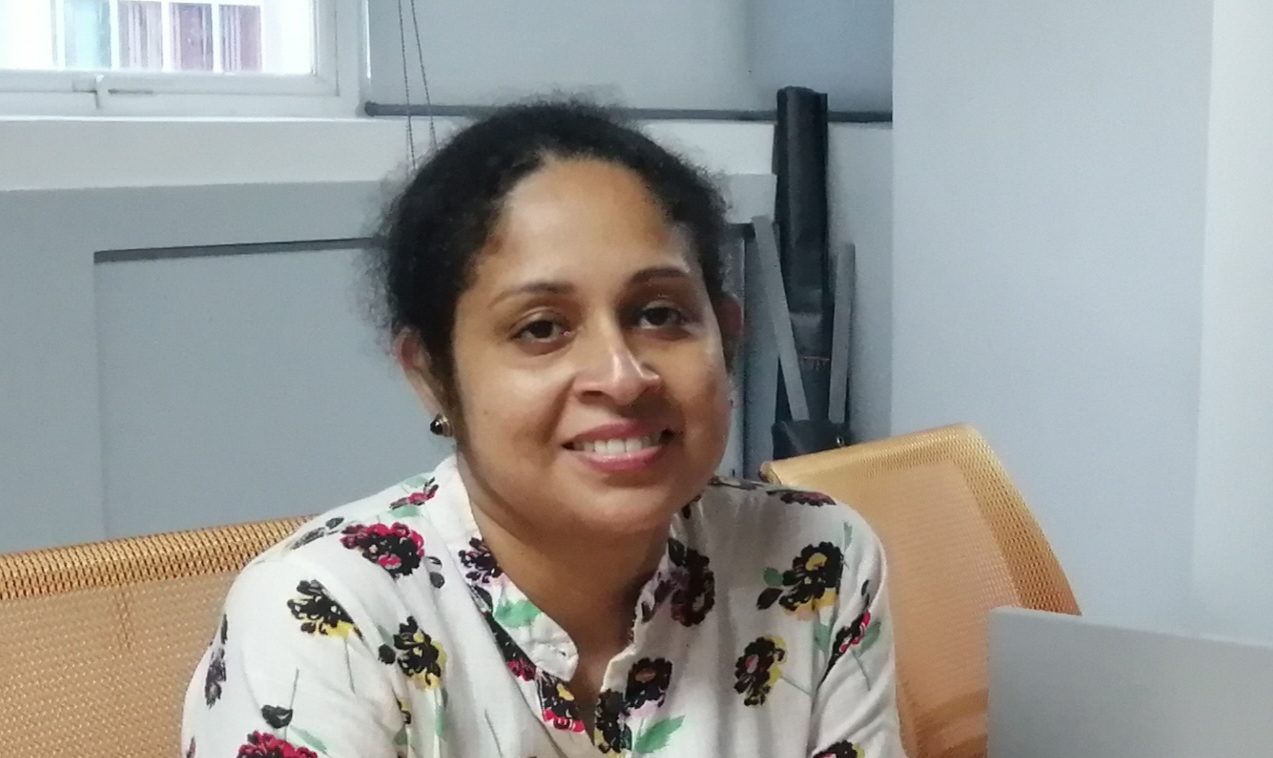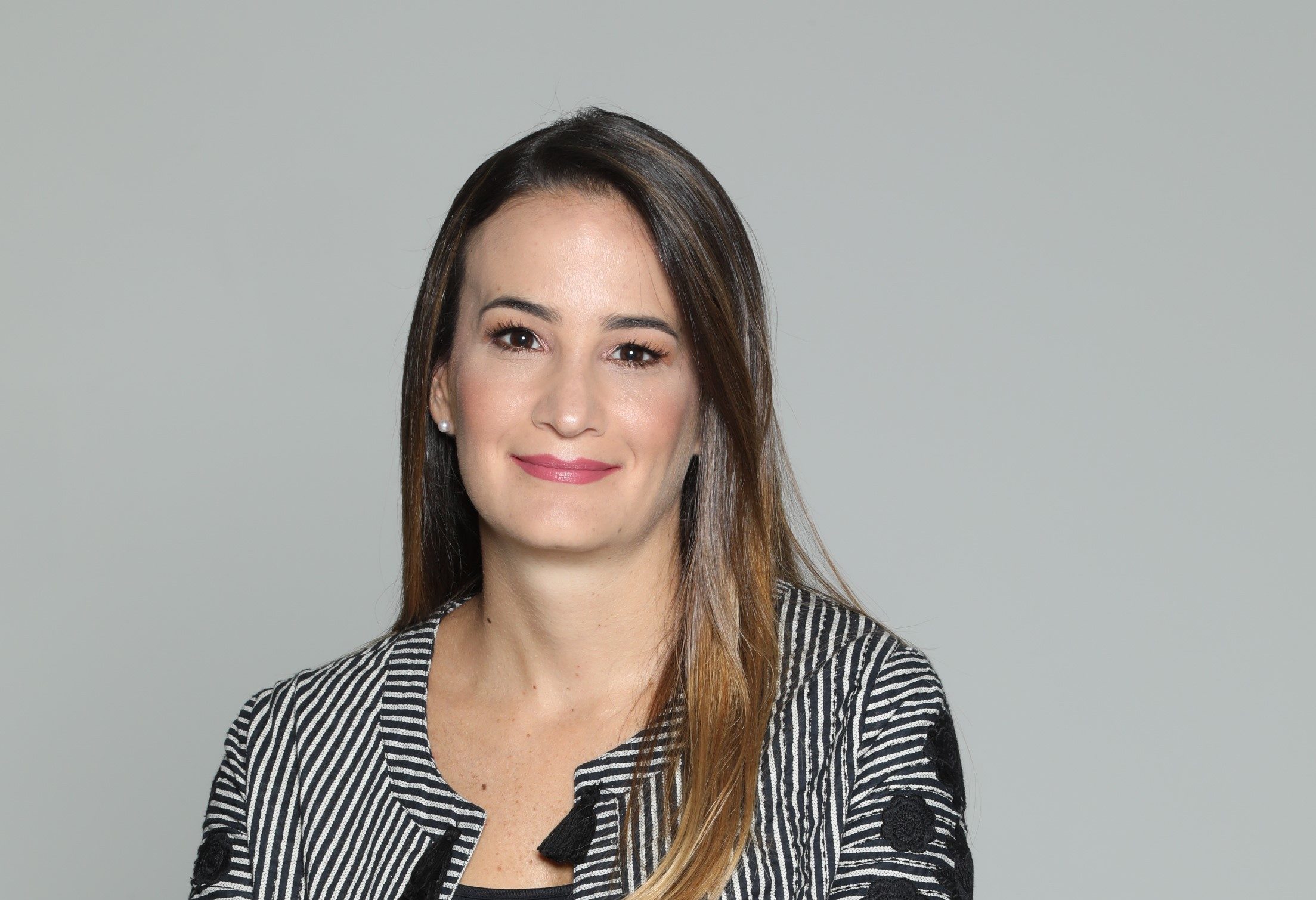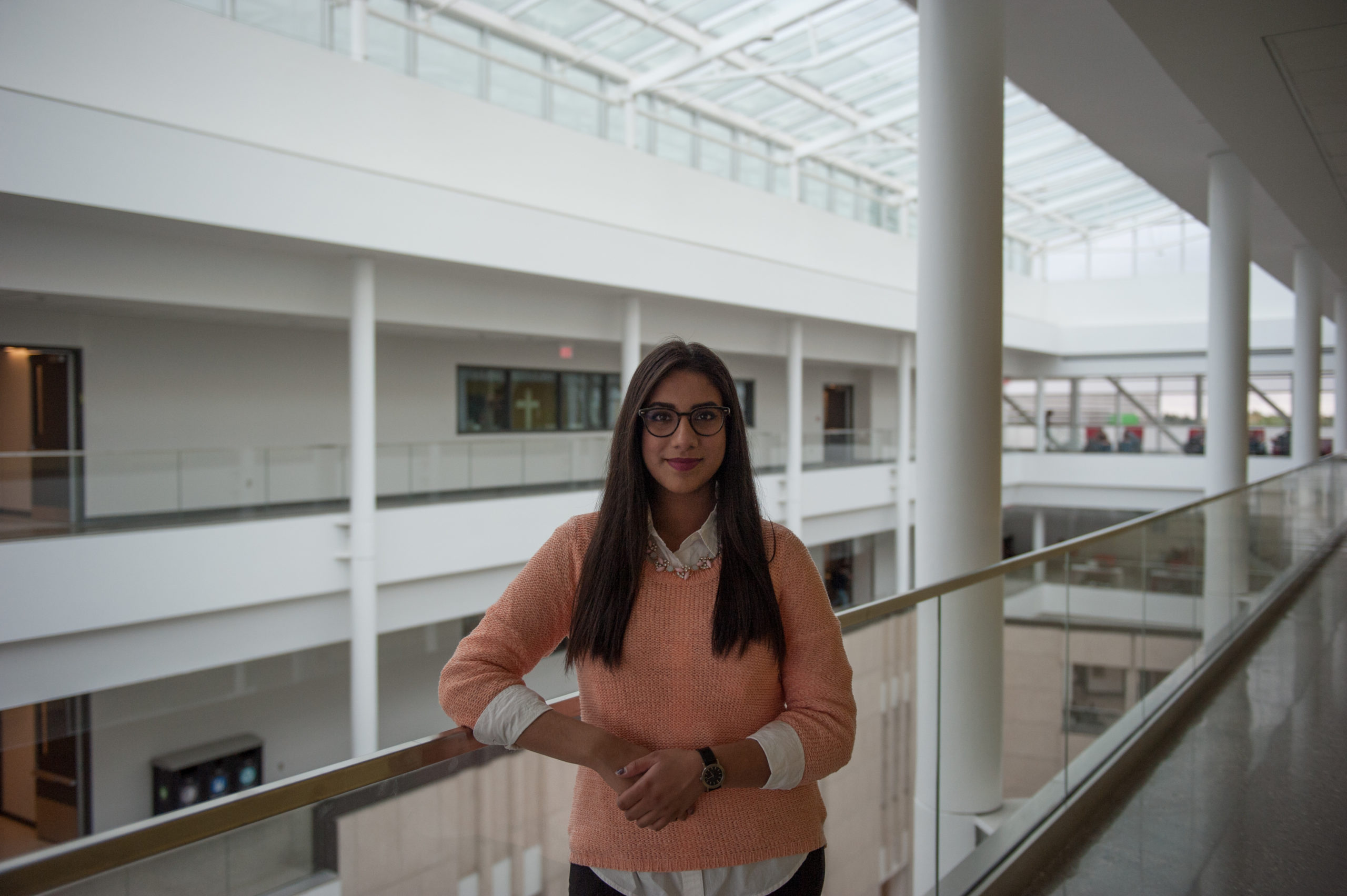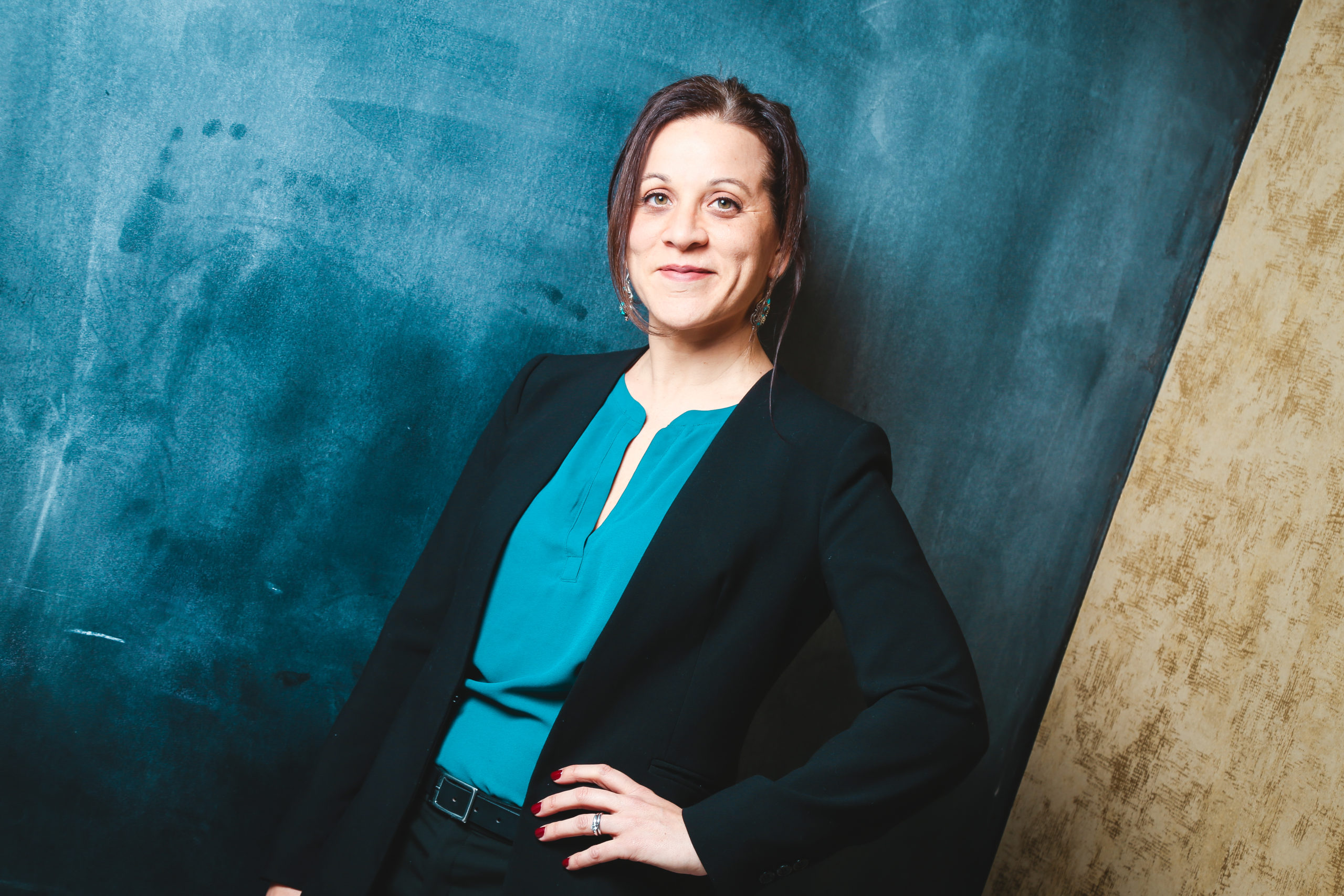Part 3: Rising food prices Written by Zuhra Dadgar-Shafiq, Programme Director and Co-Founder of Action for Development who provide vital health and education services in Afghanistan to the most marginalized and vulnerable individuals through cost-effective, cascade-model projects that allow for community participation and empowerment. Afghanistan has been struggling with conflict for over 40 years. The […]
ReadAll Women’s Nutrition news
Select any topics you are interested in to filter news articles.
The SUN Civil Society Network launches its new 5-year strategy!
Why do we need a new CSN strategy? The Civil Society Network 3.0 strategy (2021-2025) constitutes an essential guide to rally all civil society members’ collective efforts behind a strong mission and vision. The CSN 3.0 strategy was designed for the Network by the Network, in alignment with the overall SUN Movement 3.0 strategy. As such, the […]
ReadSUN PfSl: International Women’s Day Program – 2021
International Women’s Day is celebrated on 8th of March every year. As an organization that works for the improvement of the nutritional status of the community, SUN PF also joins with various programs for Women’s Day every year. This is primarily because proper nutrition of women contributes to the nutritional wellbeing of the entire population […]
ReadMeet the women of the CSN: Dilka Rashmi Peiris
Project Director Scaling Up Nutrition People’s Forum, former SUN CSA focal person for Sri Lanka My work in nutrition I was really drawn to nutrition as it has a multi-sectoral approach. Women play a key role in implementing nutrition policies, both in the family and in society as a whole, and contributing to the health and […]
ReadMeet the Women of the CSN: Paula Escobar Gutiérrez
Directora ejecutiva, Fundación Éxito, Colombia Mi trabajo en nutrición Ponemos a disposición de la red de de la Sociedad Civil de América Latina y el Caribe nuestra experiencia y conocimientos en el campo de la nutrición infantil y la búsqueda de soluciones integrales para la primera infancia con mayor vulnerabilidad en Colombia, a través de […]
ReadMeet the women of the CSN: Anayat Sidhu
Youth Leader for Nutrition, Canada My work in nutrition I cannot overemphasize enough my enthusiasm for being a part of the YL4N program. To be able to engage with individuals that I greatly admire every day is a true honour. Additionally, the chance to learn from others is what I highly value. To be able […]
ReadMeet the women of the CSN: Duong Vu
Duong Vu, Vietnam Program Manager for Alive and Thrive (A&T) My work in nutrition I am Duong Vu. I work at Alive & Thrive Southeast Asia. As a core member of SUN CSN Vietnam, I supported the strategy development and policy advocacy. There are two recent policy wins that we all are very proud of. […]
ReadMeet the women of the CSN: Georgine Obwana
Program Officer, Civil Society Alliance for Nutrition Uganda (CISANU) My work in nutrition First of all I am the Program Officer – Networking and Institutional Development for Civil Society Alliance for Nutrition Uganda (CISANU). CISANU is the Civil Society Alliance (CSA) in Uganda formed through a coalition of Civil Society Organizations (CSOs) and academia. Under […]
ReadMeet the women of the CSN: Victoria Squire
Former National Coordinator, Civil Society Platform Sierra Leone. My work in nutrition I am Victoria Squire, a Seasoned Integrated development project manager, expert facilitator, change agent and accomplished leader with a solid 8 years’ experience managing nutrition and health projects including during emergencies and in the development phase. I am also knowledgeable about Scaling Up […]
ReadMeet the women of the CSN: Carmen Torres
Programme Development Manager Sustainable Food, Hivos Latin America San José, Costa Rica My work in nutrition I am part of the SUN Movement Civil Society Network (CSN) in Latin America and the Caribbean. I have been actively involved in developing the CSN in Costa Rica and I am one of the SUN CSN regional coordinators […]
ReadSubmit news article
If you’re part of a SUN Civil Society Network and want to share a news article, submit it by filling in the contact form and selecting “Submit a news article in “Reason for contact” so that we can review and publish it.
Programme Development Manager Sustainable Food, Hivos Latin America San José, Costa Rica
My work in nutrition
I am part of the SUN Movement Civil Society Network (CSN) in Latin America and the Caribbean. I have been actively involved in developing the CSN in Costa Rica and I am one of the SUN CSN regional coordinators for Latin America and the Caribbean.
Food has always been my passion; the subject on which I built my academic and professional career. My driving force is the belief that I can contribute with my grain of sand to alleviating malnutrition and hunger in the world.
Ensuring enough food and good nutrition for everyone is not only a matter of human rights. The impact on the global economy of malnutrition and poor diets has been estimated to be US$3.5 trillion per year. Experts in the field have consistently stated that investing in nutrition is “smart economics”, and it has been demonstrated that investing in child nutrition is the most critical and economically sound intervention in the world.
So… What’s holding us back?
I think one of the problems lies in the fact that nutrition is still dealt with mainly through (under-financed) nutrition-specific interventions, implemented when the malnutrition problem is already present, and not always leading to positive results in the medium and long-term. But nutrition is inherently multi-sectoral, covering maternal and child health, infant and young child feeding, social protection, agriculture, WASH and many more. And we are not good at dealing with complex multi-sectoral issues, needing a systemic and “out of the box” approach.
One of the reasons I work in the nutrition sphere is because I think I can contribute with my experience, expertise and passion to embedding a food systems approach in the work aimed at improving diets, nutrition and health. I think this is necessary to address the structural causes of malnutrition and achieve positive long-term results in the nutrition sphere.
The role of women
Girls and women play a key role as producers of food, managers of natural resources, income earners, and main caregivers of their families and communities. Nevertheless, evidence shows that girls and women are generally at a disadvantage compared to men. Gender-based discrimination denies women and girls equitable access to land, information and productive resources, opportunities for formal employment, equal access to education and health care, equal pay, as well as the power of decision-making. Millions of women do essential work to produce the worlds’ food, yet remain poor.
Research has demonstrated that increasing women’s human capital is one of the most effective ways to reduce poverty. A slight increase in women’s assets, education and income has immediate positive multiplier effects such as increasing agricultural productivity and reducing child malnutrition. Empowering women and ensuring their equal access to resources and opportunities is a low-hanging fruit to scaling up nutrition.
It is very difficult to answer the sensitive and complex question about how being a woman has affected my career. On the one hand, I have experienced during my career almost all the obstacles documented in literature and storytelling about the challenges women face and gender-based discrimination (and sometimes violence) women experience at work: unequal pay, sexism in language, gender-based underestimation or undervaluing of my work, moral, psychological or economic pressure (of a macho-style boss) to impose power. At the same time (and because of this), many times in my career I have lacked the confidence to put forward my views and ideas, and I tend to constantly question and to be too harsh on myself when I make mistakes or feel I am under-performing.
Having said that, I think being a woman in a patriarchal world has made me strong, courageous, rigorous and vigilant. It has also radicalised me a bit, and I am currently a passionate advocate for girls and women’s rights, and I actively and open-heartedly support girls and women around me in many ways. And I really love doing that; it’s one of the things that makes me jump out of bed in the morning!
How can we elevate women? Well, first of all, give them the space in leadership circles! Data shows that women are underrepresented at all levels of decision-making worldwide, and achieving gender parity in political life is far off. But, as stated by Nancy Fraser, it is not only about redistribution, but also about recognition. Recognition is not superfluous, and it’s even more complex.
So how do we go about this?
I am currently involved in an initiative called “The Next Gen(d)eration of Leaders for a Well-Nourished World“, started by Dr. Corinna Hawkes and Dr Shu Wen Ng. We are a task team of 12 women working in the field of nutrition and food systems. The purpose of the initiative is to create a leadership movement towards a well-nourished world. We believe that transforming what the world eats will require transformations in leadership, shifting power to those who apply leadership practices deviating from the norm, prioritising social purpose, providing a nurturing space to listen, speak, show curiosity, find support, be able to make inevitable mistakes and lift others up. We want to see women achieve greater influence in decision-making towards a well-nourished world, as we believe many of them already apply these kinds of leadership practices, but they still need fewer obstacles and a nurturing space to thrive. We have already started to build that among us. It’s inspiring and exciting!











